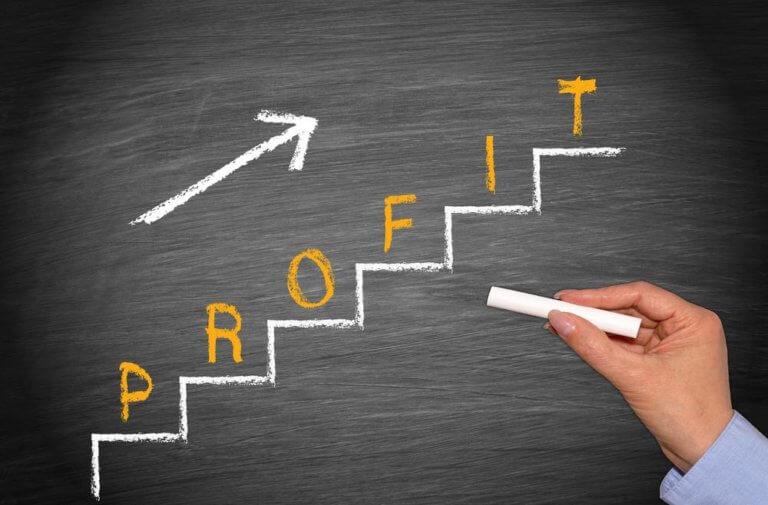Investors who ignore so-called “value stocks” are at risk of missing out on good long-term gains, RWC Partner’s Ian Lance warns.
While the valuation gap between growth and value stocks has been exceptionally wide for some time, that gap will not grow continuously, Lance believes.
In fact, Lance believes some of the most interesting investment opportunities throughout the coronavirus have been value stocks.
Some of them, he explains, have highly profitable subsidiaries that are actually worth more than the entire group, meaning you get, in essence, two investments for the price of one.
Lance says: “Some of our most successful investments have been ones in which sentiment towards a company becomes so negative, that the valuation ends up making no sense versus the worth of its various parts.
“Valuations have become very irrational and have reached the point where they are excessively punished for a temporary earnings decline. Therefore, we believe that the current market throws up the opportunity to buy great companies with long-term returns and earning potential.”
Below, Lance sets out five unloved companies that he thinks have decent long-term potential or that have highly-profitable subsidiaries that make them worth investing in.
Royal Mail
RMG owns a European parcels business, GLS, which makes a 6-7% margin in a normal market environment and which has grown at mid to high single digit (benefitting from structural growth of online retail). In 2019, GLS made an operating profit of £180m and is therefore worth c.£2b if we put it on a multiple of 11x. The current market cap of the entire group is £1.7b and therefore the UK business is not just in for free but actually valued at around £300m.
BT
BT’s Openreach division generates £2.6b of Earnings Before Interest, Tax, Depreciation and Amortisation (EBITDA) which we have valued at £22b. This represents a multiple of just over 8x historic EBITDA which compares favourably with other utilities and therefore ought to be achievable. The enterprise value[1] of the entire group is currently £31b meaning that all the other businesses are being valued at £9b, which is only 3x their historic cash EBIT of £2.8b. Rumours surfaced in the a recent Financial Times piece that BT might be about to monetise a stake in Openreach.
Marks and Spencer
Marks and Spencer have a food retail business which makes £237m of Earnings Before Interest and Tax. If we value this at 12x historical EBIT, add their £750m investment Ocado at cost (less the future performance payments), take away net debt and give no benefit for the company’s freehold property, the total is around £2.0b, which is in line with today’s market cap. The entire clothing and home business, which is still the largest clothes retailer in the UK and which last year made a profit of £224m, is therefore in for free.
ITV
ITV is, in effect two business; broadcasting which is very reliant on advertising revenue and content production. In 2019, the content production business made EBIT of £267m and we might value this at around £3.5b (13x EBIT). The enterprise value of the entire group is £3.8b meaning that the broadcast business which last year made c.£500m of EBIT is being valued at around £300m in the stock market. Another way to think about this is that companies like Netflix spend around $15b a year on content production; for a fraction of this, they could have ITV’s entire back catalogue and all future content.
Capita
Capita has a software business which made just over £100m of EBIT in 2019. As these businesses are high margin (28% in this case) they tend to be valued quite highly. Using a multiple of 15x(which would be the low end of their peers) would value this division at £1.5b which is not far short of the enterprise value of the entire group of less than £2b. The rest of the businesses, which in 2019 made around £200m are thus only being valued at around 2x EBIT.
Each of these companies has a strong franchise within them that is being undervalued by a market that is fixated on short-term earnings momentum and hence creating some genuine bargains in the market today.
























